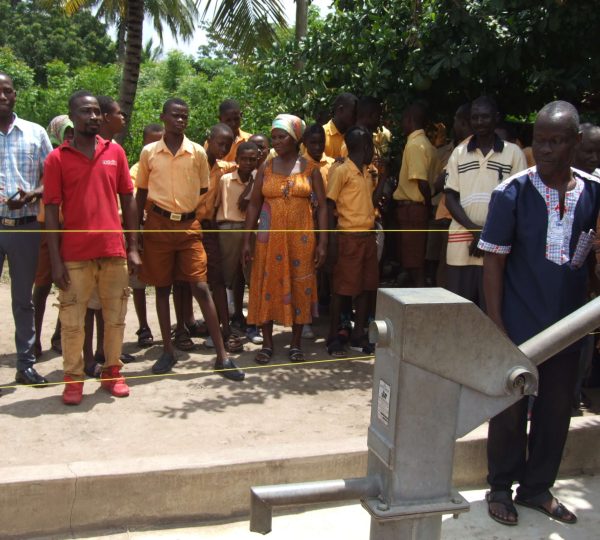
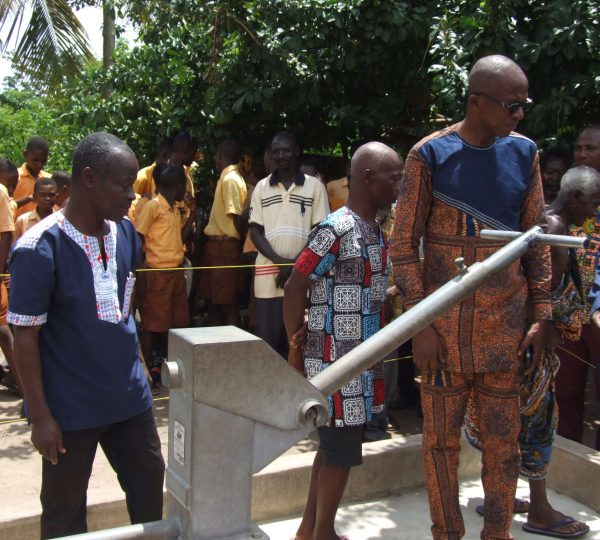
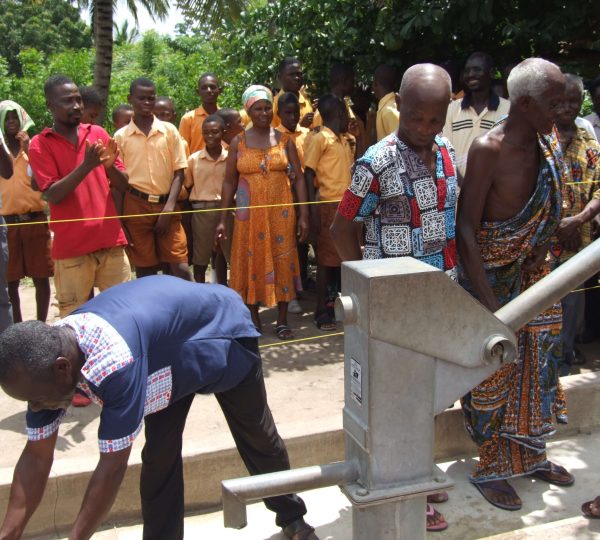
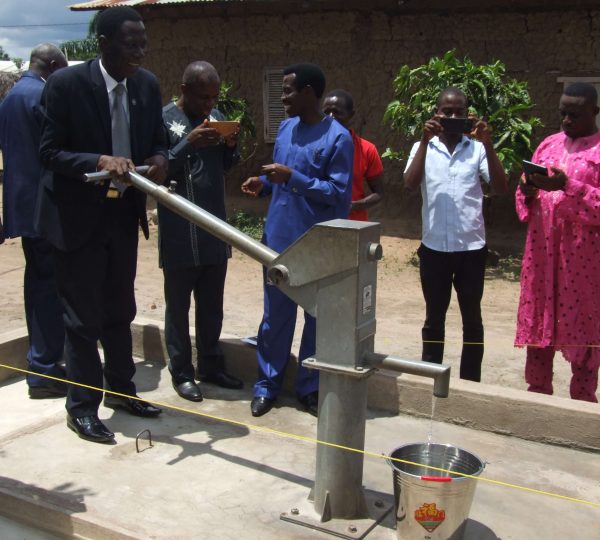
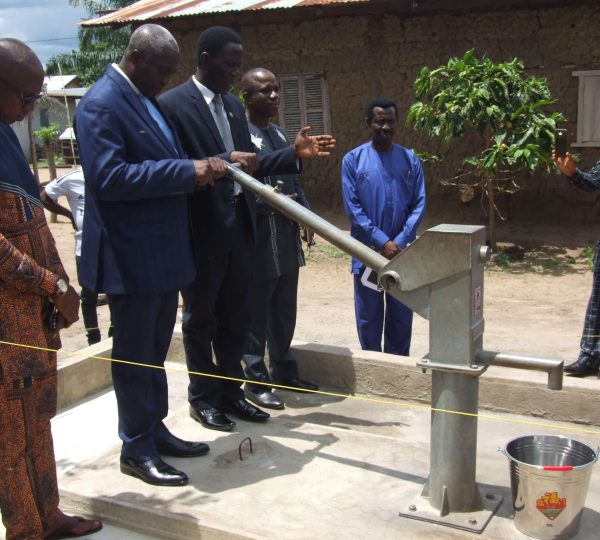
In a remarkable display of social responsibility, the Ghana Pentecostal and Charismatic Council (GPCC) has undertaken a significant project to construct boreholes in underserved communities within their catchment areas. This initiative, aimed at providing clean and accessible water to the less privileged, spans across five regions in Ghana.
The regions benefiting from this noble endeavour include Ashanti, Eastern, Northern, Volta, and Western regions, where GPCC has identified communities facing challenges in accessing safe and reliable water sources. Recognizing the critical importance of clean water in promoting health and wellbeing, the GPCC has committed resources to address this basic need for the less privileged.
Reverend Dr. Paul Yaw Frimpong-Manso, President of GPCC, emphasized the organization’s commitment to improving the quality of life for community members. He stated, “Access to clean water is a fundamental right that every individual should enjoy. Our decision to construct boreholes in these regions reflects our dedication to supporting the less privileged and contributing to the overall development of these communities.”
The construction of boreholes is underway, and communities are already expressing gratitude for the positive impact this project will have on their daily lives. Many residents in these regions have historically struggled with inadequate water supply, relying on distant and often unreliable sources.
Local leaders in the beneficiary communities have welcomed the GPCC’s intervention, acknowledging the positive change it will bring. Chief Nana Kwame Asante of a community in the Ashanti Region remarked, “This initiative by GPCC is a game-changer for us. Access to clean water will not only improve our health but will also save us from the challenges we face in fetching water from far distances.”
Government officials have also praised the GPCC for its proactive role in addressing water scarcity in these regions. The collaboration between religious institutions and the government to improve living conditions is seen as a model for effective social development initiatives.
The borehole construction project aligns with the United Nations Sustainable Development Goal 6, which aims to ensure availability and sustainable management of water and sanitation for all.
As the construction progresses, the GPCC remains committed to monitoring the impact of these boreholes on the communities and exploring additional ways to contribute to the welfare of the less privileged in their catchment areas. The initiative stands as a testament to the transformative power of collaboration between religious organizations and communities in tackling pressing social issues.
SOURCE: GPCC News

